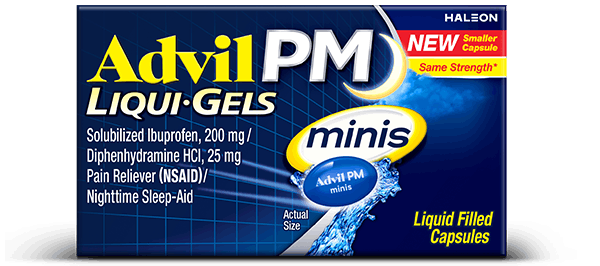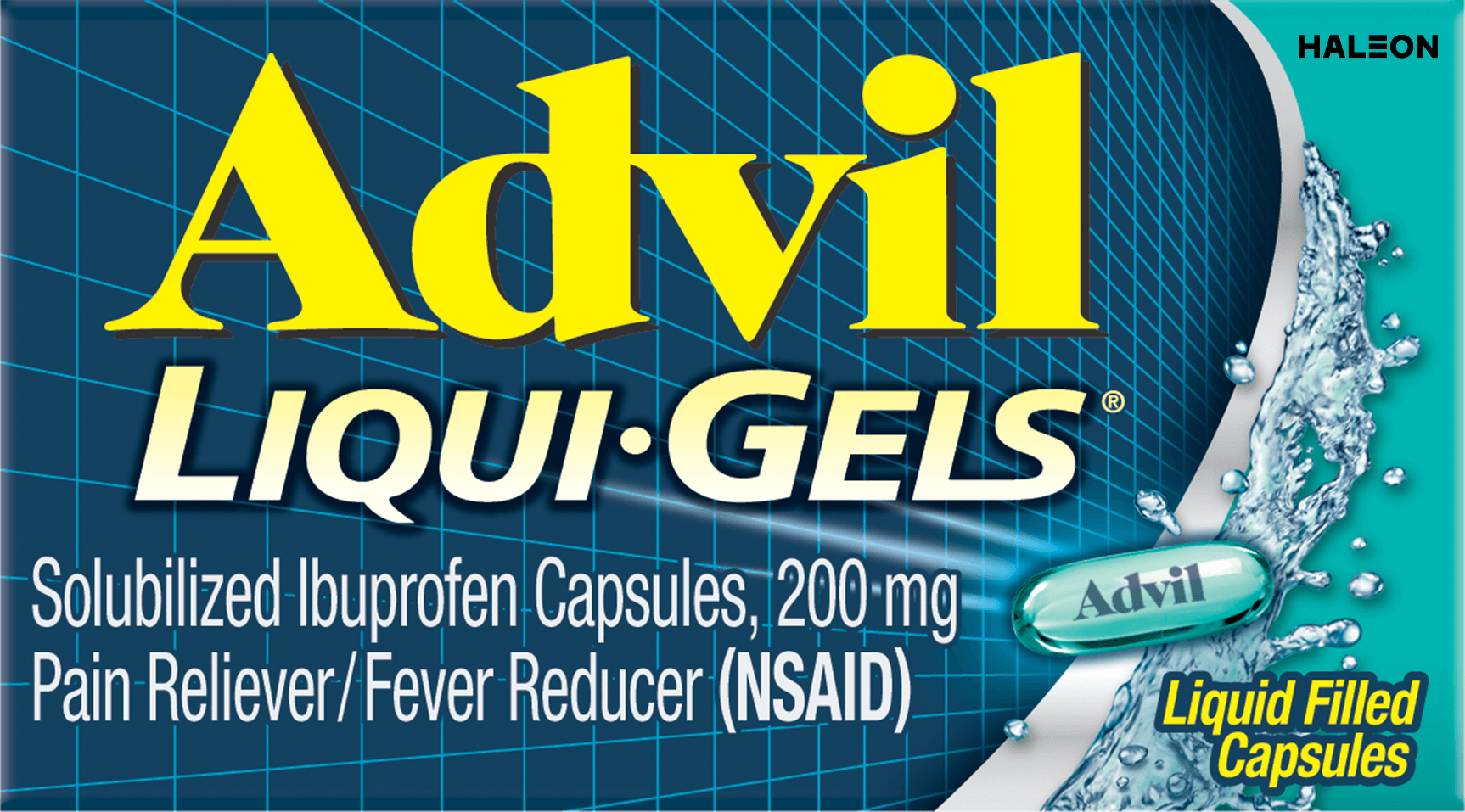Fever Guide: Fever Symptoms, Fever Causes, and More
Muscle Aches & Pains
Do you think you might have a fever? Fevers (a.k.a an elevation of normal body temperature) can occur for a variety of reasons. Explore this guide from Advil to find out if you have a fever. Learn about fever symptoms and fever causes, and read about your options for treatment.
What Is a Fever?
At some point in your life, you’ve probably faced a fever—probably even more than once. From kids on the playground to workers at the office, people of all ages can battle fever symptoms. But what are fevers exactly, and why do we experience them? Fevers are a temporary rise in body temperature due to illness or another cause.i To break it down into simple terms, a fever is a sign that something with your body is out of whack.
To determine whether or not you have a fever, it helps to have an idea of what a normal body temperature is. Normal body temperature varies from person to person, but on average, 98.6°F is considered normal for adults.ii If your body temperature tends to run slightly higher or lower, you probably don’t need to be too concerned. Normal body temperature can range from 97°F to 99°F, depending on person, age, activity, and time of day.iii
What Causes Fevers?
When it comes to treating fever symptoms, the first step is to determine the cause of the fever. Often, fevers are a symptom of an illness. Cleveland Clinic identifies these illnesses as potential causes of fever:
- Colds or flu
- Earaches
- Bronchitis
- Strep throat
- Urinary tract infections
- Mononucleosisiv
However, illnesses aren’t the only reasons for fevers. According to Mayo Clinic, other causes of fever can include heat exhaustion, inflammatory conditions like rheumatoid arthritis, malignant tumors, and reactions to medications or immunizations.v
Some of the conditions listed above sound scary, but before you begin to worry, please note: most often, fevers are not a sign of a serious condition. In addition, slight increases in body temperature can be caused by everyday activities, like exercise, heavy clothing, diet, menstrual cycle, and more.vi
As always, if you’re concerned and feel that your fever may be a sign of a more serious medical condition, contact your doctor as soon as possible.
Fever Symptoms
Now that we’ve touched on what causes fevers, let’s dive into fever symptoms. Similar to fever causes, fever symptoms vary. And remember: fevers themselves are usually a symptom of another condition. A fever is defined as an elevation of body temperature, but there are a number of factors that can cause the temperature increase, and hence the symptoms will differ depending on the person. Here are some common symptoms that you may experience with your fever:
- Sweating
- Chills and Shivering
- Headache
- Muscle and Body Ache
- Loss of Appetite
- Irritability
- Dehydration
- Fatigue Weaknessvii
Some symptoms that you experience with fever are more serious. If you have strong headaches, rashes, abdominal pain, convulsions, difficult breathing, excessive vomiting, or other severe symptoms, contact your doctor immediately.viii For adults, it is recommended to contact a doctor if body temperature exceeds 103°F; for fever in children, contact a doctor if their temperature reaches or exceeds 100.4°F.ix
Fever Treatment
Fevers can be a reason for concern—especially when you’ve been trying to break your fever to no avail. If you have a fever, there are a few things to do to help support your health and start making your way to recovery. Follow these simple steps for fever treatment:
- Identify the cause of the fever. If you can determine what is causing your fever, you can start treatment for the condition, and your fever may improve.
- Keep an eye on how the fever is progressing. Continue to take your temperature (or your child’s temperature) while the fever lasts to make sure temperatures remain in the safe range ( less than or equal to 103°F for adults and less than 100.4 for children).
- Drink lots of liquid. Not only will a cold glass of ice water cool you down, but it will help keep you hydrated if your symptoms are causing you to lose lots of fluids (such as sweating or vomiting).x
- Use an over-the-counter fever-reducing medicine like Advil. Advil’s active ingredient, ibuprofen, is a non-steroid anti-inflammatory that can help to temporarily reduce fever and help alleviate some of the symptoms that come with fever. Explore Advil products today.x
- Depending on the cause of fever, prescription medications may be prescribed by your doctor. Antibiotics may be used if your doctor suspects a bacterial infection like pneumonia or strep throat.x
- Make sure to get plenty of rest and stay cool. You need rest to recover and activity can raise your body temperature. To stay cool, wear light clothes and keep your house's temperature cool.x
We hope you learned more about fever symptoms, fever causes, and fever treatment. Find the right products to help treat your fever by using our Product Finder.
SOURCES
i Fever - Symptoms and causes. Mayo Clinic. https://www.mayoclinic.org/diseases-conditions/fever/symptoms-causes/syc-20352759. Accessed 7/22/2020. Referenced text is highlighted on page 1, paragraph 1 in source PDF.
ii Body temperature norms. MedlinePlus Medical Encyclopedia. https://medlineplus.gov/ency/article/001982.htm. Accessed 7/22/2020. Referenced text is highlighted on page 1, paragraph 1 in source PDF.
iii Ibid (see source iii.)
iv Fever Possible Causes. Cleveland Clinic. https://my.clevelandclinic.org/health/symptoms/10880-fever/possible-causes. Accessed 7/22/2020. Referenced text is highlighted on page 1 and page 2 in source PDF.
v Ibid (see source i.)
vi Ibid (see source iv.)
vii Fever Treatment - Fever Symptoms and Remedies . NCHS. https://www.nchs-health.org/health-services/quickcare/fever-treatment/. Accessed 7/22/2020. Referenced text is highlighted on page 1 and page 2 in source PDF.
viii Ibid (see source vii.)
ix Ibid (see source vii.)
x. Fever- Diagnosis & Treatment. Mayo Clinic. https://www.mayoclinic.org/diseases-conditions/fever/diagnosis-treatment/drc-20352764/ Accessed 10/29/2020.
By clicking the link(s) above, you will be taken to an external website that is independently operated and not managed by Haleon. Haleon assumes no responsibility for the content on the website. If you do not wish to leave this website, do not click on the links above.




